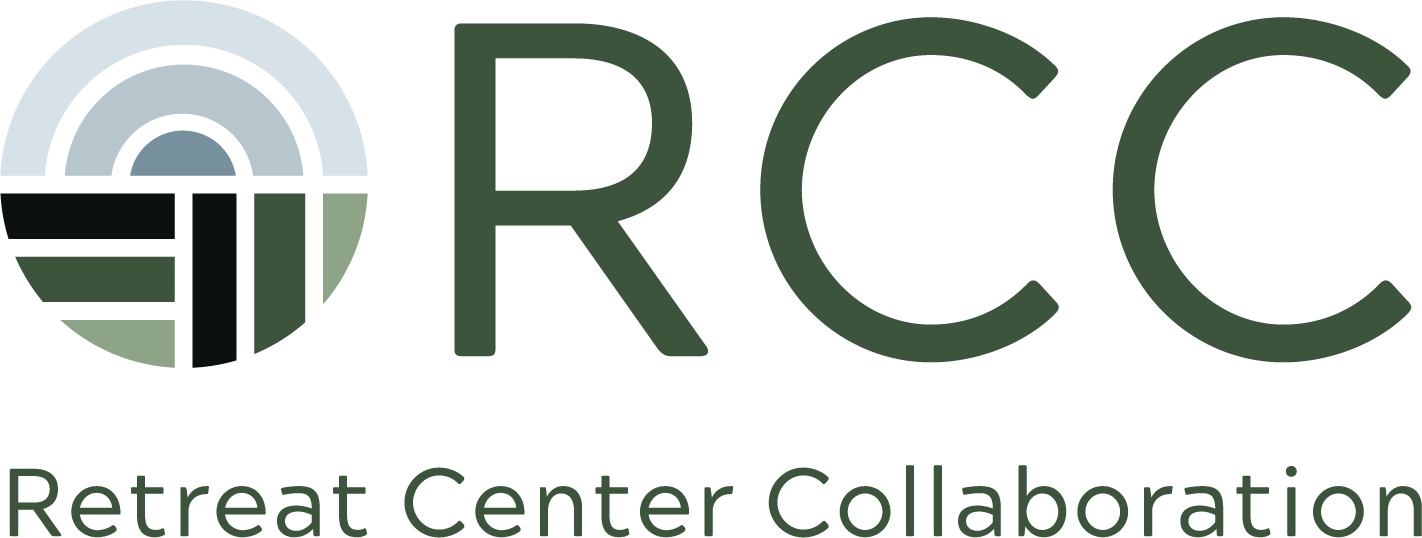Racial Healing Workshop: Opening Up Our Money Stories
On this call led by Brenda Salgado, program director of the Racial Healing Initiative, community members gathered to explore money stories—how they shape our relationships (to self and others), how they perpetuate systems of inequality, and how painful stories can be healed and transformed, opening up new possibilities for the future.
In order to preserve the intimate and vulnerable space of this Community Call, the workshop was not recorded; but we invite you to review the call notes here.
Internalized Money Stories
Many people, from all walks of life, have been taught to hold shame or silence around money.
What we each feel, think, and experience in our bodies regarding our relationship to wealth is part of the human journey. The beliefs and patterns we hold around money are impacted by our experiences, as well as ancestral and societal influences. People with lineages stemming from historically marginalized communities may experience deep pain around scarcity as well as shame or stigma around the idea of “accepting” or “deserving” wealth in their present-day lives.
Opening up our money stories is a way to observe and transform our relationship to the flow of abundance. To begin this process, Brenda invited participants to listen to a list of simple statements about money—paying attention to statements that rang true to each participant’s own personal experiences. Here a few examples:
Something inside of me is sabotaging my relationship with money. If I have money, I can’t keep it. If I don’t have money, it’s hard for me to make it.
Money comes with pain, loss, and hurt. I don’t know if I want it.
My potential and my income don’t match.
I may make a lot of money, but I don’t take care of myself.
I feel insecure about asking for money. I feel wrong, queasy, uncomfortable. I feel shame asking for what I need.
I feel people will judge, hate, or use me if I have money.
Participants were then asked to follow the thread to its source, to consider where any strong feelings and beliefs about money might have come from. Did parents teach that money was good (or bad)? Did a friend or relative use money to control others? What examples did other people model (positive, negative, or neutral)? How did community, culture, and work affirm or undermine those models?
After exploring those influences, participants were invited to draw a circle on a piece of paper and write a few words or phrases into that circle capturing their overall feelings about money in their life. These phrases represented each participant’s personal money story.
Expanding How We Think About Wealth
Money is one form of wealth, and all forms of wealth are currency and energy.
Participants then shared in exercises for thinking more broadly about wealth and inviting abundance as a state of being into their lives. As an example, Brenda shared an experiment set up by the Pollination Project. They gave $100 to each participant in the experiment to invest in alternate forms of wealth. They wanted to discover what potential it unlocked.
Alternate forms of wealth, according to AppleSeed, include: social capital, influence and relationships, material capital, intellectual capital (knowledge, education, mentorship), experiential/human capital (coaching, development, growth), spiritual capital (lineages, traditions, practices), and cultural capital.
Participants in the experiment started sharing small portions with friends, family, and community members for small things like supplies for community gardens, a mother’s mental health day at the spa, or books for a facilitator. Most participants ended up spending more than $100 because it felt so good to be investing in alternate forms of capital.
Starting a New Money Story
We live in an abundant universe. We only need one hundred hammers for one hundred people when we’re afraid and isolated from each other. There is more than enough for everyone.
After leading a visualization for ancestral healing, Brenda’s closing invitation for participants was to reflect on what possibilities they want to create or open up as they began to reimagine their money story. Participants were asked to create and share their own affirmations:
I am a conduit and a magnet for resources and healing in the world.
I am worthy of abundance for myself and my community.
When I tend to energy and relationships in a good way, the resources flow to me.
When I align with my purpose, people and relationships appear who can and will support me.
I enroll others in my vision and we co-steward wealth together.
We have suffered long enough and we can create new money stories.
I foster healthy relationships with people of wealth, so they feel comfortable giving wealth to others.
Money is sacred. It’s not just to fix or solve problems, it’s here for pleasure and joy. Money wants to be in flow and doing good work in the world, in ways that affirm life and community.
What was taken is being redirected back to you. Allow it to flow through you—there is an abundance. The flow is opened, it was never lost.
Reciprocity is important. We need to be able to both give and receive. This helps abundance to flow freely.
Notes
Follow the link below to access PDFs and additional meeting notes.
Join the Discussion
Do you work at a retreat center? Would you like to connect with the RCC community for more insights and support? Find out about upcoming events.
Attend the next Community Call by subscribing to our mailing list.
Join our private Facebook group to connect with other retreat center professionals, learn, share, collaborate, and socialize together.



